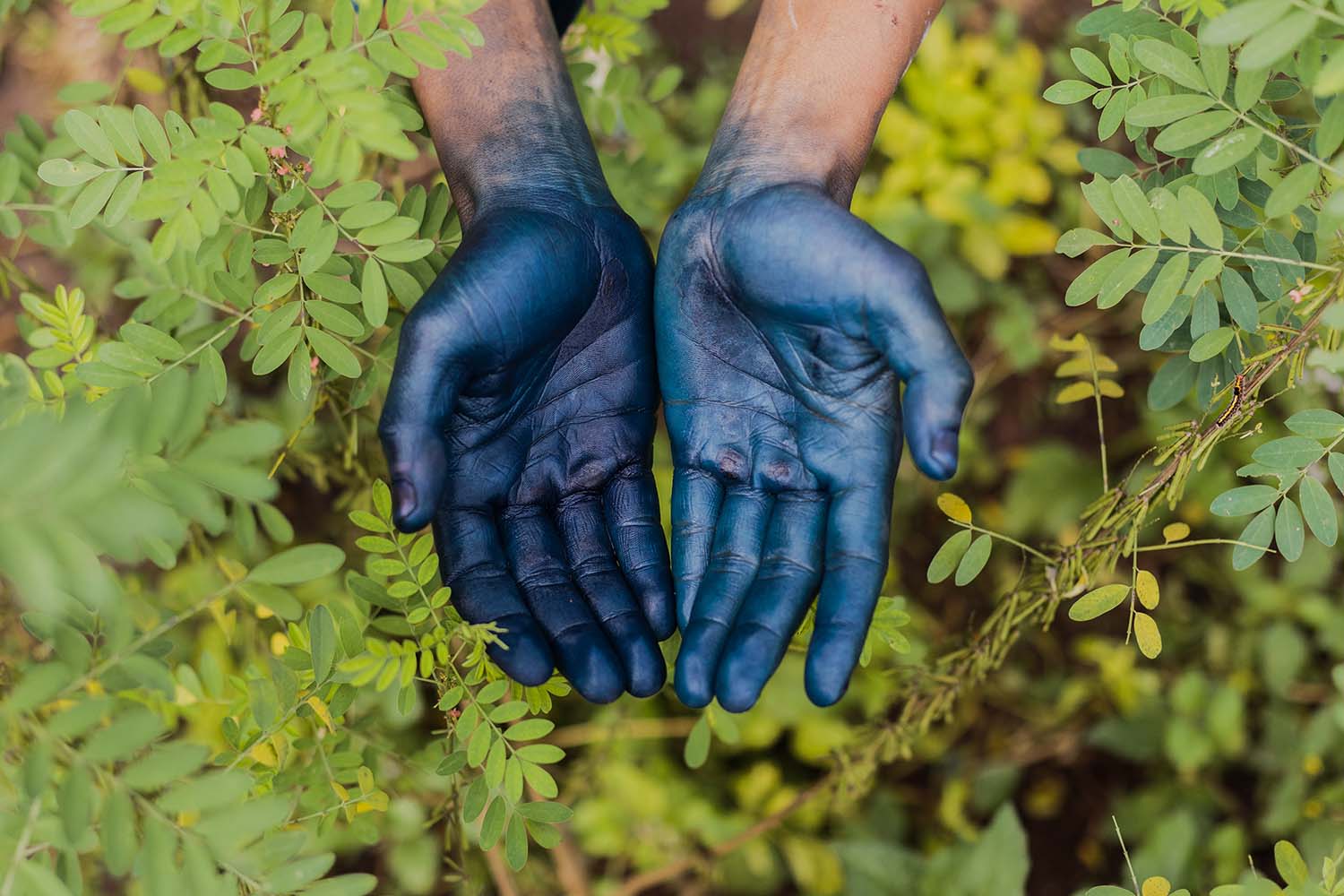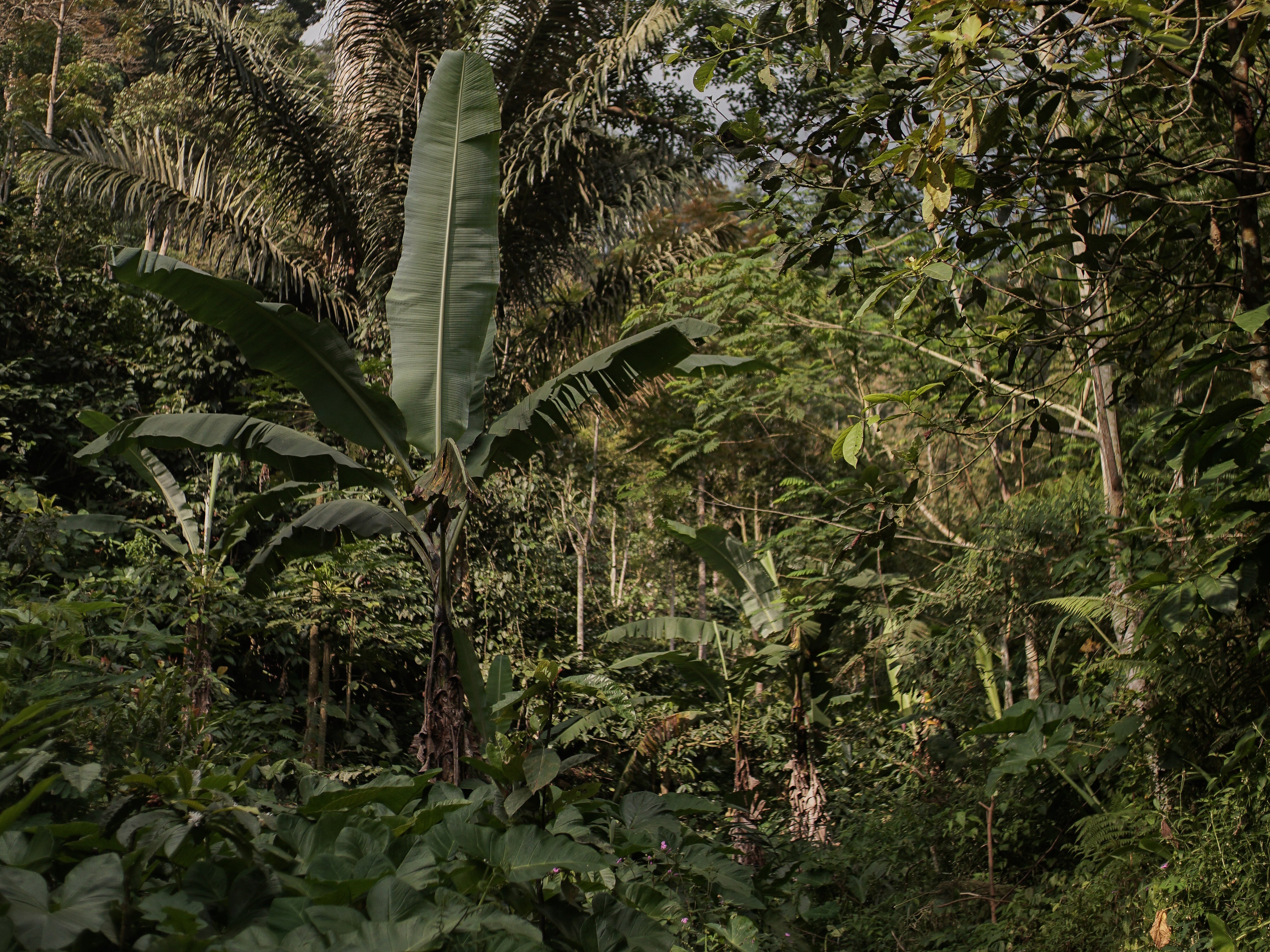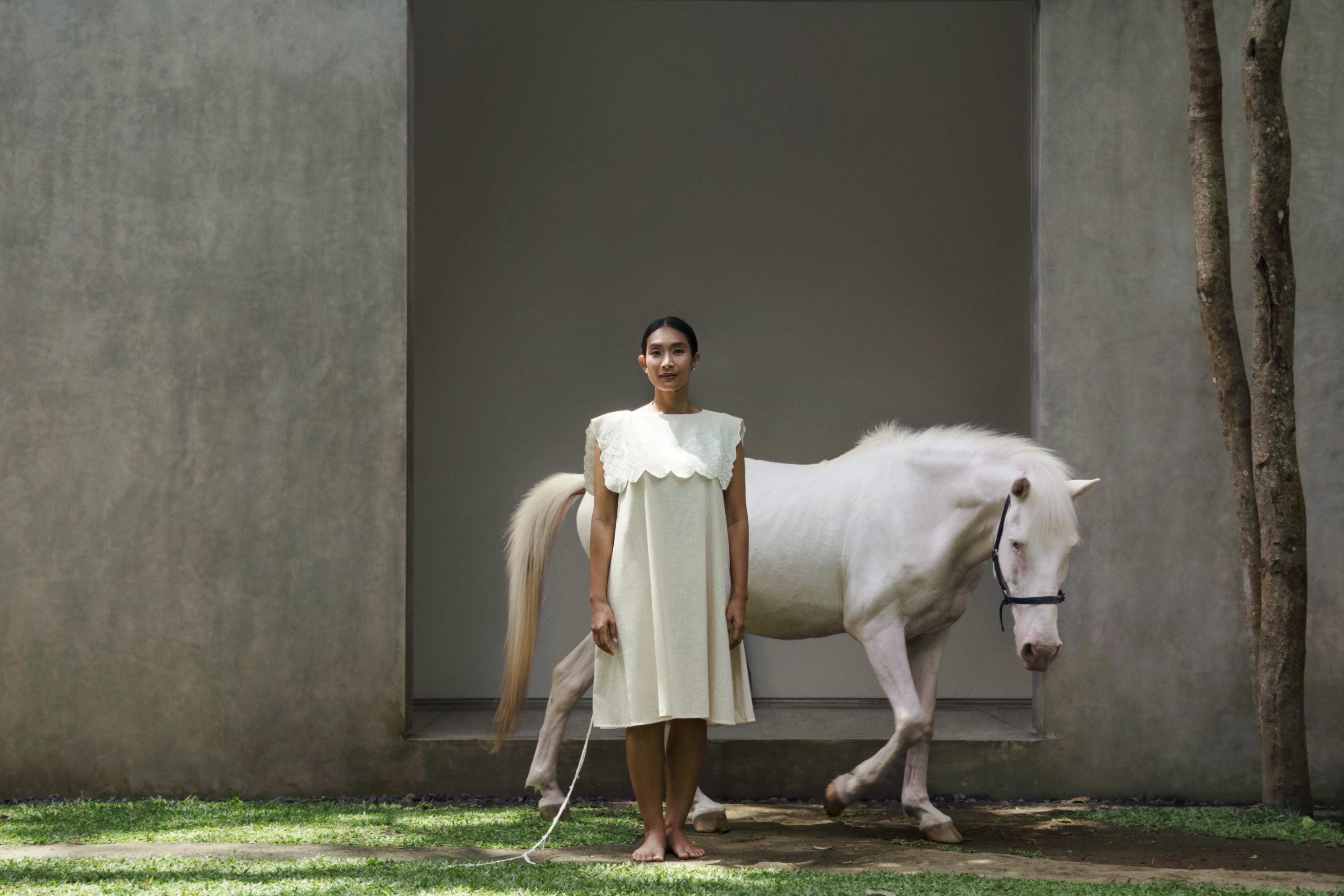
That was a question one of our #MadeRight Tribe asked when she came by our booth last weekend. As a business, isn’t it rational to choose the cheaper option, the more efficient one that can easily make a lot more? Why go through all the trouble to source and process plants, only to get very limited colors that is really hard to replicate?

Frankly, I didn’t start SukkhaCitta to have a natural dye brand. Indeed, as an economist I didn’t even know it existed. From early on, I knew that I would never let SukkhaCitta be just another fashion brand. Instead, I wanted it to solve a problem. To be a bridge between the remarkable craftswomen in the villages with us – so they can change their own lives with their craft.
But I also knew that I did not want this access to economic opportunity to come at the expense of the environment. It was also when I realized how water-intensive textile production is, in particular during the dyeing process. I was shocked to see how in some villages, chemical, toxic dyes are used for them to be able to compete, keeping the cost and the price of their textiles. The waste is untreated, directly polluting the rivers from which the children play and the women wash in. The women would use their bare hands, exposing themselves to the hazards of the dyes.


Working with villages, not factories, means that we have even more responsibility to protect their environment as it is so closely connected with their lives. Until now, we invest up to 6 months of trainings just to support our villages to switch to natural dyes. We would go with them to the forest to identify dye plants, learning how to source it sustainably and take only what we need. Why?
Because over time, I have come to learn that natural dyes are not only nice and beautiful – but perhaps most importantly, it is kind.
It is kind to the artisans and also the planet. Its colors alive, with depths of shades never attainable with mere synthetic colorants. It is a reminder that we can change the impact we have in the world through something as simple as what we wear. Perhaps we cannot change big things, but we can change small things in big ways.




